

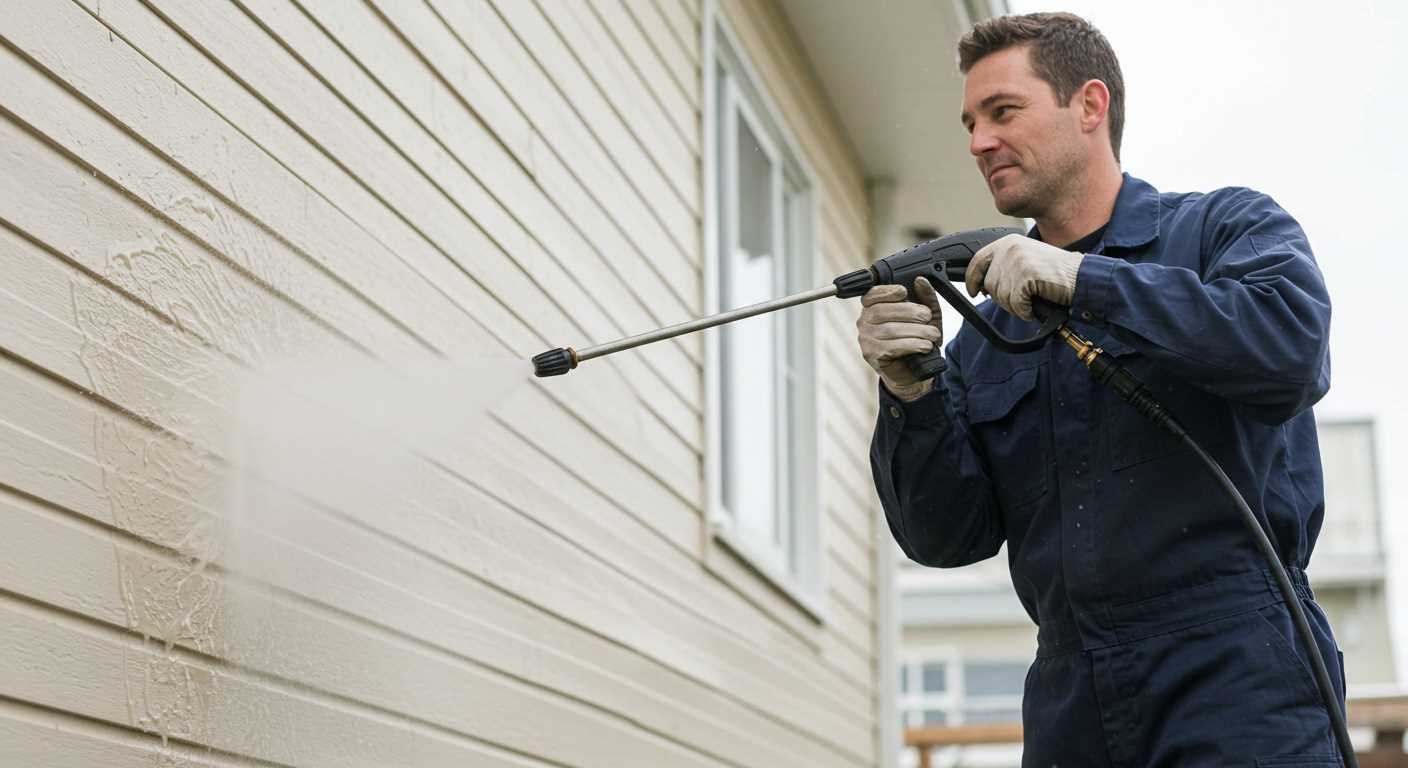
If you notice your cleaning device emitting smoke, immediate action is necessary. A common cause is overheating, often due to a clogged filter or insufficient water supply. Check the intake and ensure it’s free from debris. This simple step can prevent further damage and prolong the lifespan of your equipment.
Another frequent issue arises from the motor or pump struggling to function correctly. I recall a situation where a colleague ignored the warning signs and continued using a machine that had developed a minor leak. Eventually, the added strain caused the motor to overheat, resulting in smoke and costly repairs. Regular maintenance checks can help identify these issues before they escalate.
Additionally, using the wrong detergent or mixing chemicals can lead to unwanted reactions, creating excess heat. Always refer to the manufacturer’s guidelines for suitable cleaning agents. I’ve seen people switch to harsh chemicals, thinking it would enhance performance, only to face issues like smoke and damage. Keeping it simple often yields the best results.
Lastly, examine the electrical connections. Damaged cords or connections can cause short circuits, leading to smoke. I once had a unit that smoked due to a frayed wire that went unnoticed. Regularly inspecting cables can prevent electrical mishaps and keep your device running smoothly.
Identifying the Signs of Smoke in Pressure Washers
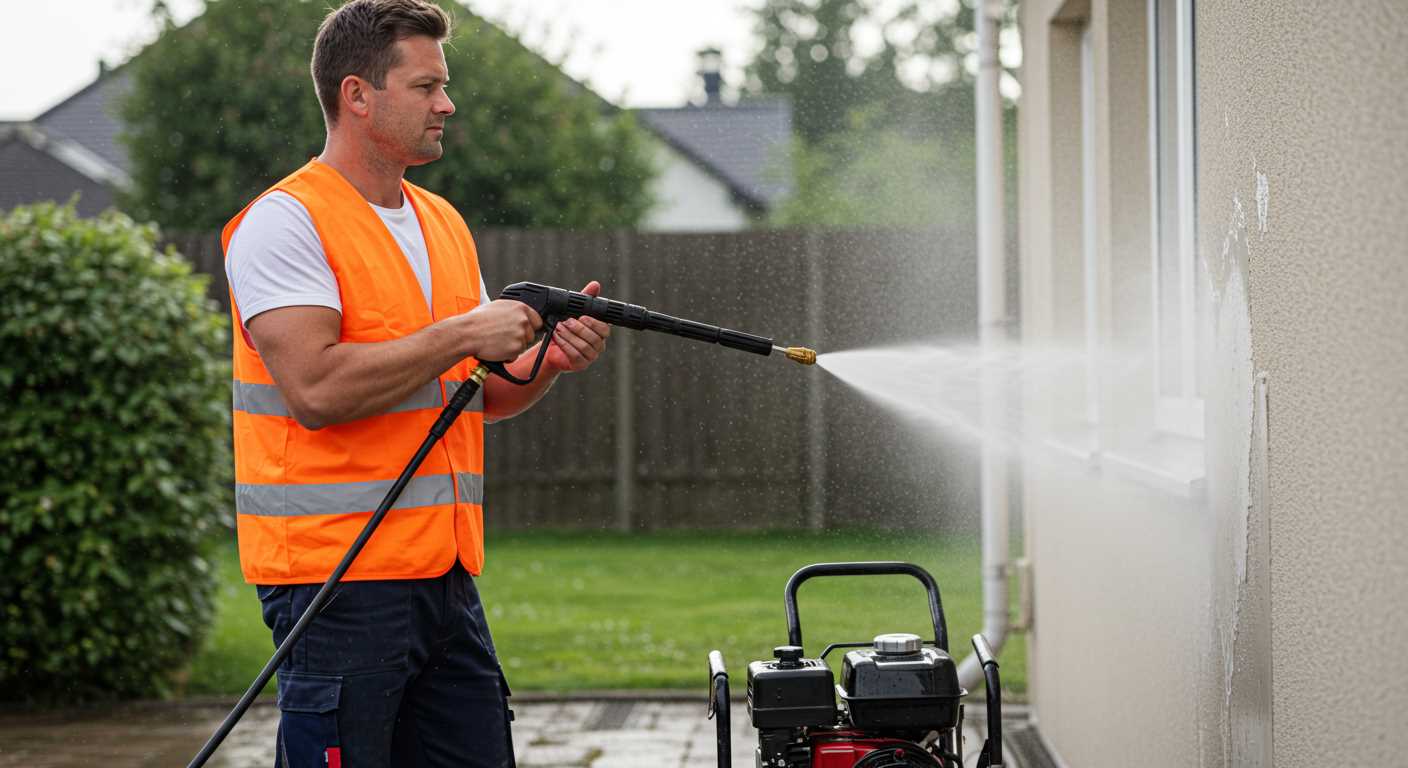
If you notice any unusual odours or visual signs of smoke, it’s time to act. The first indication often comes from a burnt smell, which can mean overheating components or electrical issues. Pay close attention to the sound of the motor; unusual noises may signal an underlying problem. Keep an eye on the performance; if the water flow decreases or pressure fluctuates, that could be a red flag.
Visual Indicators
Look for wisps of smoke rising from the unit. This can occur around the motor or the pump. Any soot or charred areas on the casing are clear signs of overheating. If you see blue or white smoke, it often indicates oil burning, which can occur if the lubricant is leaking into the combustion chamber.
Operational Issues
Monitor the temperature of the equipment during use. An excessively hot exterior can suggest internal issues. Additionally, check the power cord and connections; any fraying or melting indicates a serious electrical hazard. If components are discolouring or seem warped, it’s a sign that overheating has taken a toll.
In my experience, addressing these signs early can prevent more significant issues down the road. Regular maintenance and inspections can save time and money while ensuring the longevity of your equipment.
Common Causes of Smoke in Electric Pressure Washers
Overheating is a frequent culprit behind smoke. Ensure the motor isn’t working too hard by regularly checking for clogs in the nozzle or hose. A blocked filter can also lead to excessive heat.
Worn Out Components
Examine the internal components for wear. Bearings, seals, and brushes degrade over time, leading to friction and heat. If you notice any unusual noises, that’s a sign to investigate further.
Electrical Issues
Inspect the wiring and connections for damage. Frayed wires can create resistance, causing overheating and smoke. Regular maintenance checks can prevent these occurrences. If you suspect electrical faults, consult a professional.
- Check for loose connections.
- Examine the power cord for wear.
- Ensure the outlet is supplying the correct voltage.
Lastly, using the wrong extension cord can also contribute to overheating. Always use a cord rated for the load your equipment requires. If you’re unsure, refer to the manufacturer’s guidelines.
For those curious about safety measures, a common question is can an electric cattle fence hurt a dog? Always stay informed about potential hazards in your environment.
Understanding Overheating Issues in Gas Pressure Washers
Regular maintenance is the key to preventing overheating in gas-powered cleaning machines. I recall a particularly busy summer when I noticed several units in the workshop exhibiting signs of heat stress. The culprit? Neglected oil levels. Always check the oil before each use; low levels can lead to increased friction and overheating.
Another factor is the air filter. A clogged air filter restricts airflow, causing the engine to run hotter than necessary. I often found that a simple cleaning or replacement of the filter resolved overheating issues for many users. It’s a small task that can yield significant results.
| Common Causes of Overheating | Signs to Watch For |
|---|---|
| Low oil levels | Unusual engine noise |
| Clogged air filter | Excessive vibration |
| Fuel quality issues | Smoke emission |
| Blocked cooling fins | Loss of power |
Another lesson learned was regarding fuel quality. Using stale or low-quality fuel can lead to inefficient combustion, which increases the engine temperature. Always use fresh fuel and consider adding a fuel stabiliser if the machine will sit unused for a while.
Lastly, ensure the cooling fins on the engine are clear of debris. A quick inspection before each use can help maintain optimal airflow and prevent overheating. I remember a customer who consistently faced overheating issues until I pointed out the accumulation of dirt on the fins. A simple cleaning solved the problem, and the machine ran smoothly thereafter.
By paying attention to these details, you can prolong the life of your gas-operated cleaning unit and keep it running efficiently without the risk of overheating.
Examining Oil Leaks and Their Impact on Pressure Washer Performance
Oil leaks are a significant issue that can severely affect the functioning of cleaning devices. During my years in the industry, I encountered numerous situations where a simple oil leak led to major failures. If you notice any oil pooling beneath your machine, immediate action is necessary. Ignoring this can result in engine damage and costly repairs.
First, check the oil level regularly. Low oil levels can cause overheating and increased friction in the engine, leading to smoke production. I’ve seen machines run with inadequate oil, causing seals to fail and releasing oil into areas where it shouldn’t be. A quick inspection can save you from extensive repairs down the line.
Next, inspect the oil seals and gaskets. Over time, these components can wear out, allowing oil to escape. One memorable instance involved a client whose device began emitting smoke due to a worn-out gasket. After replacing it, the performance returned to normal. Regular maintenance of these parts can prevent leaks and ensure smooth operation.
Clean any visible oil residue from the exterior of the machine. This not only helps identify ongoing leaks but also prevents dirt accumulation that can lead to further mechanical issues. I’ve often found that a little attention to cleanliness can go a long way in prolonging the life of the equipment.
Finally, if you suspect a more serious internal leak, consulting a professional is advisable. Attempting to fix complex issues without the right knowledge can exacerbate problems. I always recommend keeping a trusted technician on hand for those tough cases. Early detection and proper maintenance are key to avoiding significant performance issues down the road.
Maintenance Tips to Prevent Smoking in Washers
Regularly check the oil level and quality in gas models. Old or contaminated oil can lead to overheating and smoke. Change the oil every 50 hours of use or at least once per season, whichever comes first. I remember a time when a colleague ignored this advice, and their machine overheated during a critical job. A simple oil change could have saved them from a costly repair.
Keep the Cooling System Clean
Ensure the air vents and cooling fins are free from debris. Blockages can cause engines to run hot, leading to smoke. I’ve seen machines that looked clean on the outside but had clogged vents, causing serious issues. Just a quick inspection and cleaning can prevent a lot of headaches.
Inspect and Replace Worn Components
Regularly inspect hoses, seals, and gaskets for wear and tear. Cracked hoses can lead to leaks, which might cause overheating. I had a customer who experienced persistent smoking due to a small crack in the hose that they overlooked. Replacing that hose resolved the issue immediately. Always keep an eye out for worn parts; they can be the difference between smooth operation and a smoky disaster.
When to Seek Professional Help for Smoking Equipment
Consult a professional if you observe continuous smoke emanating from your cleaning device, regardless of its type. This persistent issue often signals underlying problems that require expert evaluation. In my years of experience, I’ve encountered numerous cases where neglecting these signs led to more severe damage, ultimately costing more in repairs.
If the unit emits smoke right after starting or during operation, do not attempt to use it further. This can exacerbate existing faults and could even pose safety risks. My advice is to disconnect the power source immediately and assess for obvious issues such as unusual noises or a burning smell.
Another situation warranting professional attention is when you notice excessive heat or unusual vibrations. I recall a case where a user continued operating their device despite these indicators, leading to a complete breakdown. A qualified technician can pinpoint the source of overheating, whether it’s related to the motor or pump issues.
For electric models, if you’ve ruled out simple fixes like a clogged filter or low water supply, a technician should inspect the wiring and electrical components. I’ve seen wiring faults create smoke that could have been easily addressed if caught early.
Gas-operated units require similar scrutiny. If oil leaks are detected alongside smoke, stop using the equipment. Oil leaks can lead to engine failure and need an expert’s touch to repair properly. I remember assisting a customer who ignored a small leak, which later resulted in a costly engine replacement.
Lastly, if maintenance practices are unfamiliar or neglected, seeking help is wise. Regular upkeep is crucial, and a professional can provide valuable insights or services to ensure longevity. If you’re considering a new model, check out options like a medium duty electric pressure washer for reliable performance.

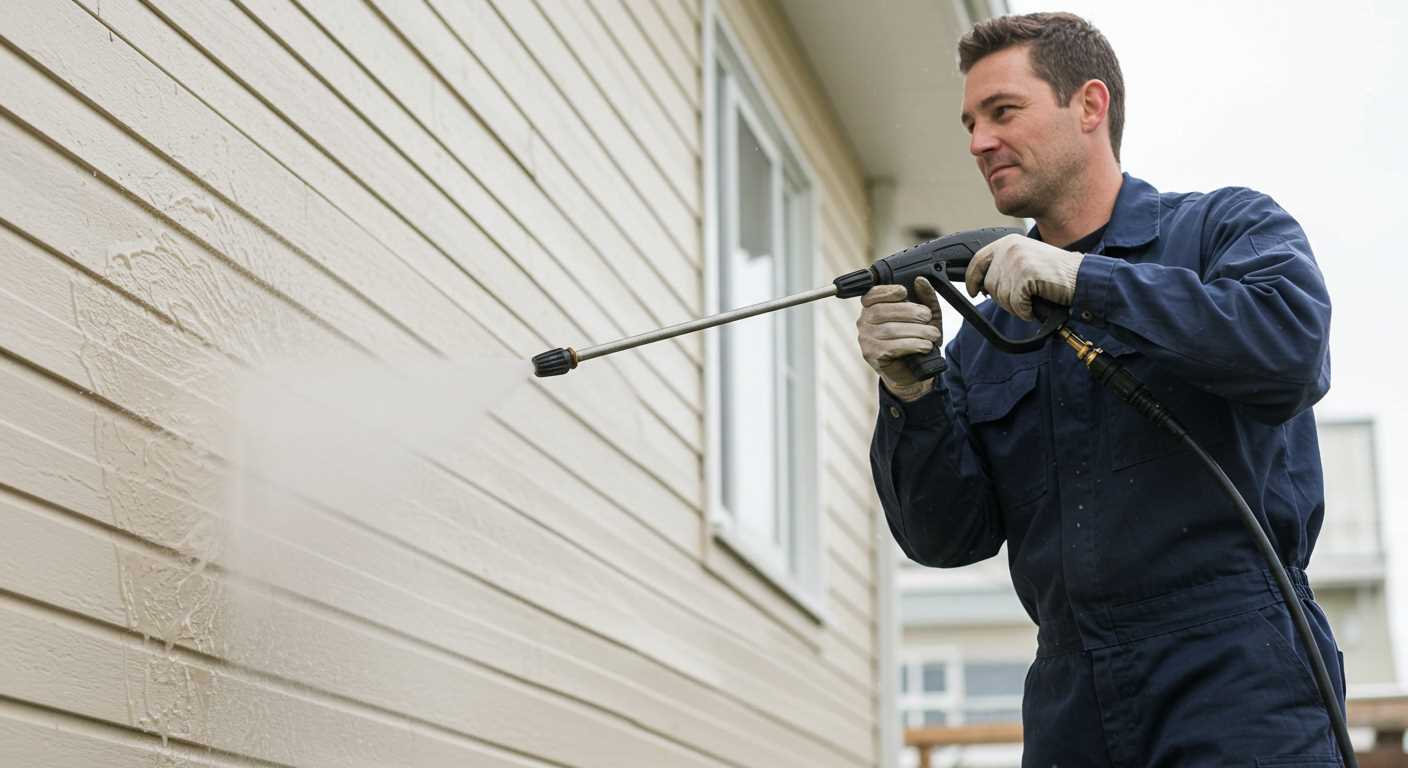

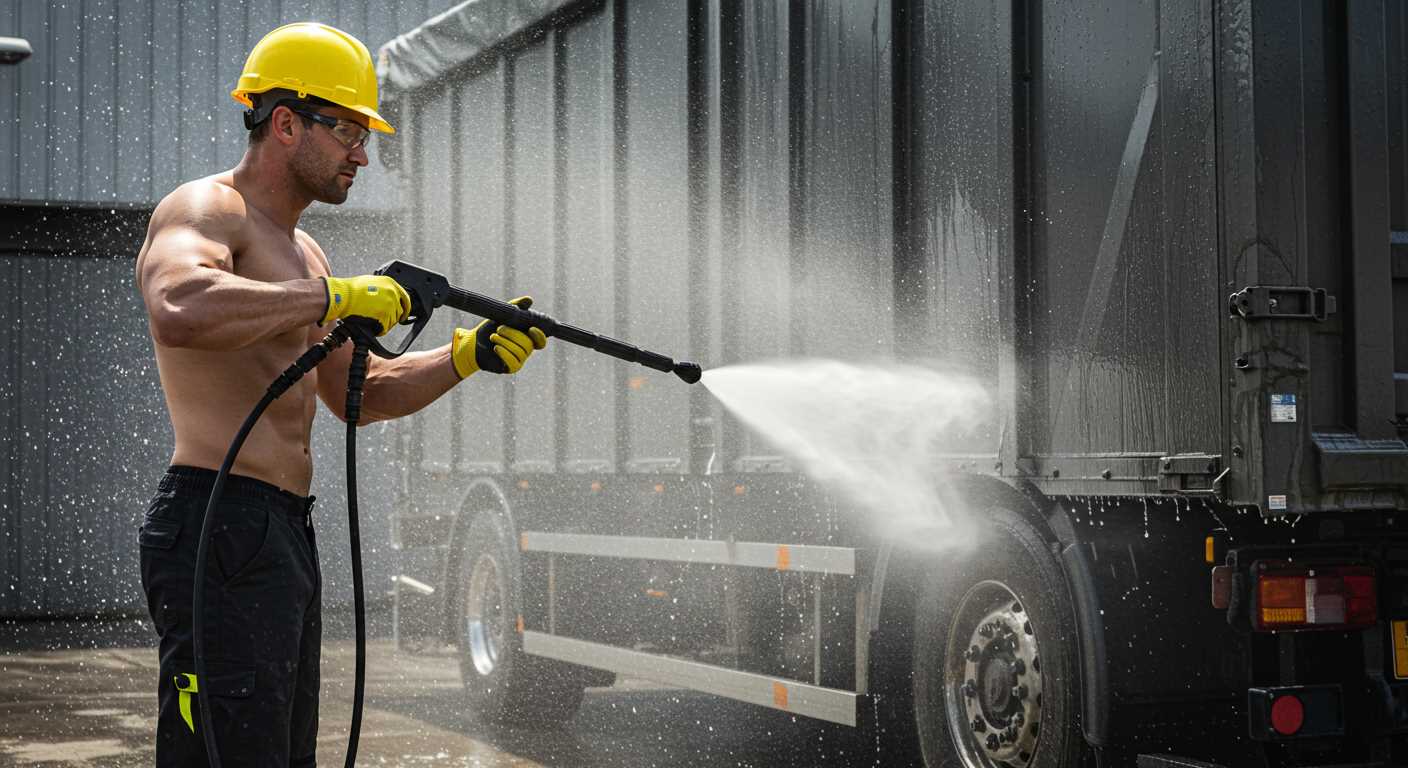
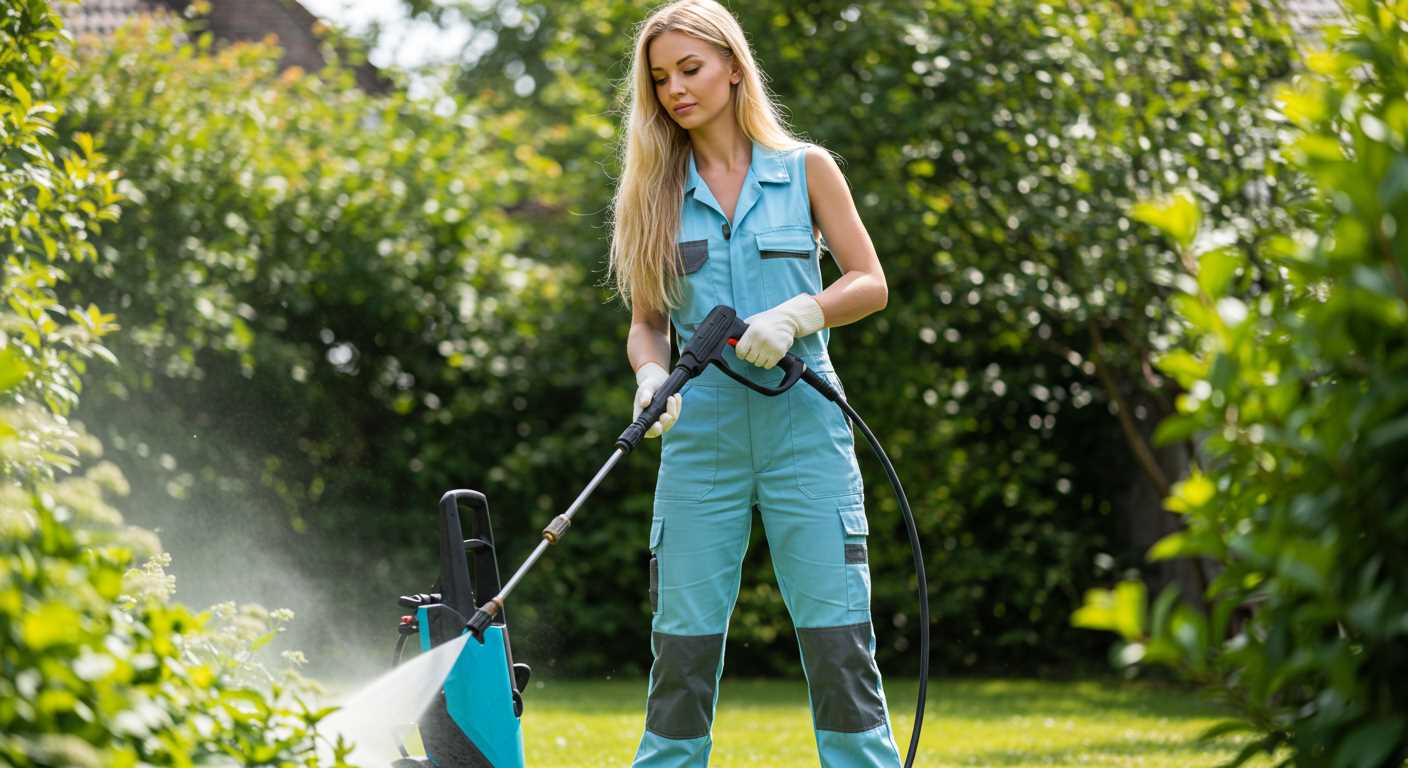
.jpg)


